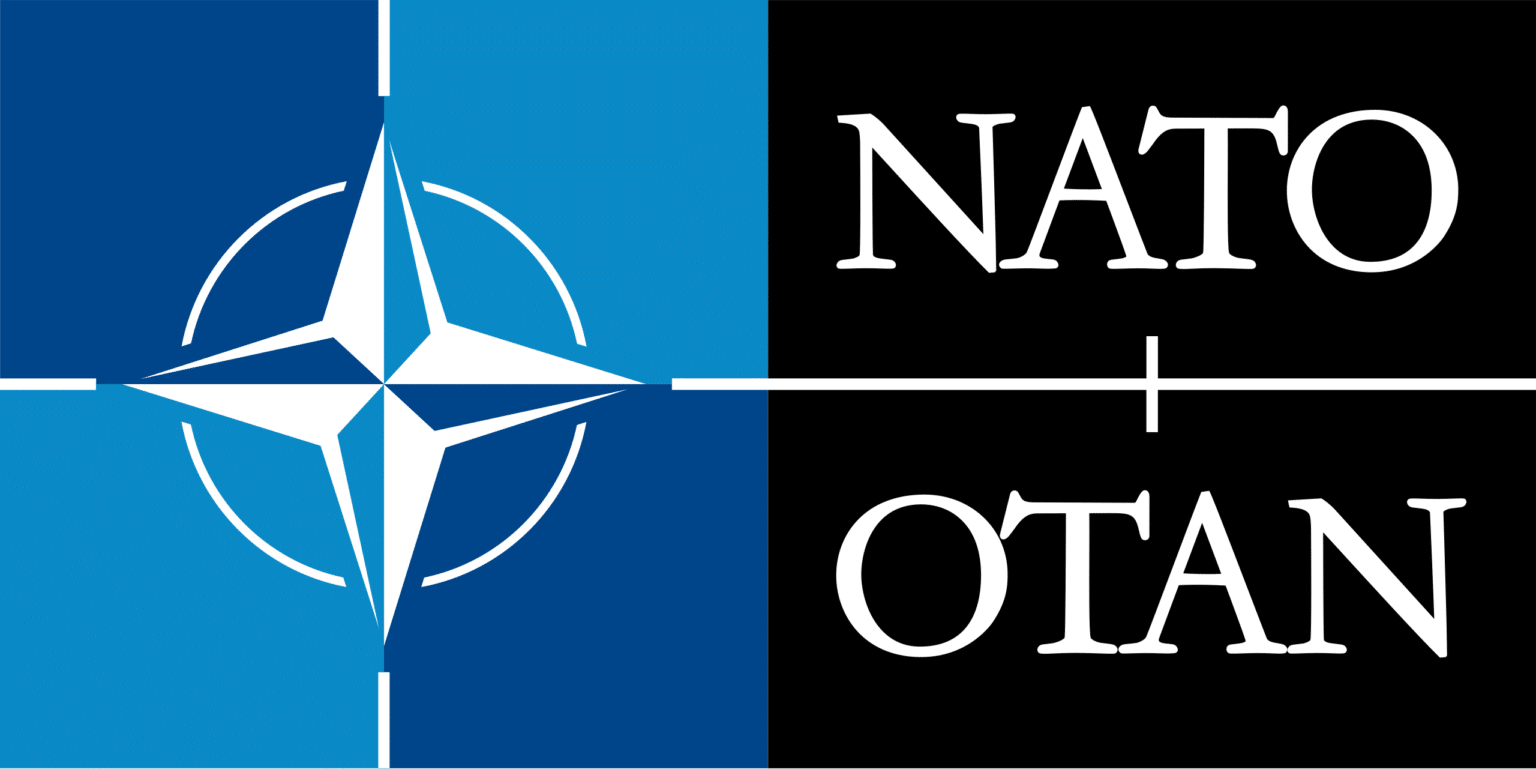Two people were killed in Poland by a Russian-made missile on Tuesday, according to Warsaw, as the country’s military prepared for a possible dramatic escalation of the conflict in Ukraine.

- The missile landed in Przewodow, a hamlet in eastern Poland approximately six kilometres from the Ukrainian border, according to the Polish foreign ministry. According to media sources, the strike struck a grain-drying factory.
- However, the Russian defence ministry denied any involvement in the missile attack and accused Polish media and government officials of “deliberate provocation to worsen the situation.”
- The explosion forced an emergency meeting at the ongoing G20 conference in Bali, Indonesia. Attending the summit chaired by US vice president Joe Biden were key NATO members and Japan.
- Earlier, Ukrainian President Volodymyr Zelensky described two Russian missiles striking Poland as “a very major escalation.”
- The explosion drew widespread condemnation, with European Union leader Charles Michel expressing “horror” and French President Macron requesting G20 summit discussions.
Warsaw stated that the missile killed two people in the village of Przewodow, but that it lacked convincing information as to who launched it. It added that Moscow’s envoy has been called to deliver “urgent, comprehensive answers.”
After an emergency national security council meeting, Warsaw’s military was placed on heightened alert. “A decision has been made to increase the level of readiness of some combat units and other uniformed services,” spokesman Piotr Muller told reporters following the meeting in Warsaw, adding that “our services are currently on the ground assessing the situation.”
The White House said President Joe Biden called his Polish colleague Andrzej Duda to offer “full US support and help in Poland’s probe.” The two leaders agreed to “stay in constant contact to decide future measures as the inquiry continues,” according to the statement. Article 5 of NATO’s founding treaty guarantees Poland’s right to collective defence, but the alliance’s response will likely be significantly impacted by whether the event was accidental or purposeful.
Biden also talked with NATO head Jens Stoltenberg about the explosion in Poland, and on Wednesday, ambassadors from the organisation were scheduled to convene an emergency meeting. The event garnered worldwide condemnation, with European Union leader Charles Michel expressing “horror” and French President Emmanuel Macron requesting discussions at the ongoing G20 conference in Indonesia.
Earlier, Ukrainian President Volodymyr Zelensky described two Russian missiles striking Poland as “a very major escalation.”
Ukraine’s Foreign Minister Dmytro Kuleba dismissed as a “conspiracy theory” the notion that the explosion in Poland may have been caused by surface-to-air missiles fired by Ukrainian forces, while Russia’s defence ministry dismissed reports that it was responsible as a “provocation” meant to escalate tensions.
The explosion occurred after Russian missiles struck towns around Ukraine on Tuesday, including Lviv near the Polish border. Zelensky stated that the strikes interrupted power to around 10 million people, although it was eventually restored to eight million, and caused automatic shutdowns at two nuclear power reactors. He said that Russia had launched 85 missiles at energy facilities around the nation, denouncing the attacks as “an act of genocide” and a “cynical slap in the face of the G20.”
Moldova, which also shares a border with Ukraine, reported power outages caused by missiles launched at its neighbour and demanded that Russia “stop the devastation immediately.”
Tuesday at the G20 conference in Bali, Zelensky said “now is the moment” to end the war, while the United States warned the Russian attacks in Ukraine will “deepen G20 worries about the destabilising consequences of Putin’s campaign.”
Jake Sullivan, the national security adviser for the White House, stated that Russia was attempting to damage Ukrainian key infrastructure once more.
Since September, Ukrainian soldiers have advanced further southward. Russia declared a complete pullout from the regional seat of the southern Kherson region last week, allowing Ukrainian forces to reenter the city.
The missile attacks on Tuesday occurred after Russia-appointed officials in Nova Kakhovka announced their departure from the crucial southern city, citing artillery fire from Ukrainian forces.
They also stated that “thousands of locals” had heeded their advice to flee to “save themselves” and that Kyiv’s forces would pursue “revenge on collaborators!” Nova Kakhovka is located on the eastern bank of the Dnipro River, which serves as a natural dividing line between the Ukrainian troops that retook the city of Kherson on the west bank and the Russian forces on the opposite bank.
It is also the location of the Kakhovka hydroelectric plant, which was taken at the start of the war because of its strategic importance in feeding the Russian-annexed Crimean peninsula. As a result of Zelensky’s accusation that Russian forces want to blow up the dam to cause a terrible flood, the dam under Russian control has become a focal point.
Any difficulties with the dam would disrupt the water supply to Crimea, which has been under Russian control since 2014 and which Ukraine aspires to reclaim. Last week, the Russian military said that a Ukrainian attack had damaged the dam.
Vladimir Saldo, the Russian-appointed administrator of the occupied portion of the Kherson area, stated on Tuesday that the dam was no longer operational. According to Russian news agencies, he remarked on state-run television station Rossiya-24, “The situation is more perilous, not in terms of energy production, but the dam itself, which, in the case of an explosion, would flood a pretty significant region.”













